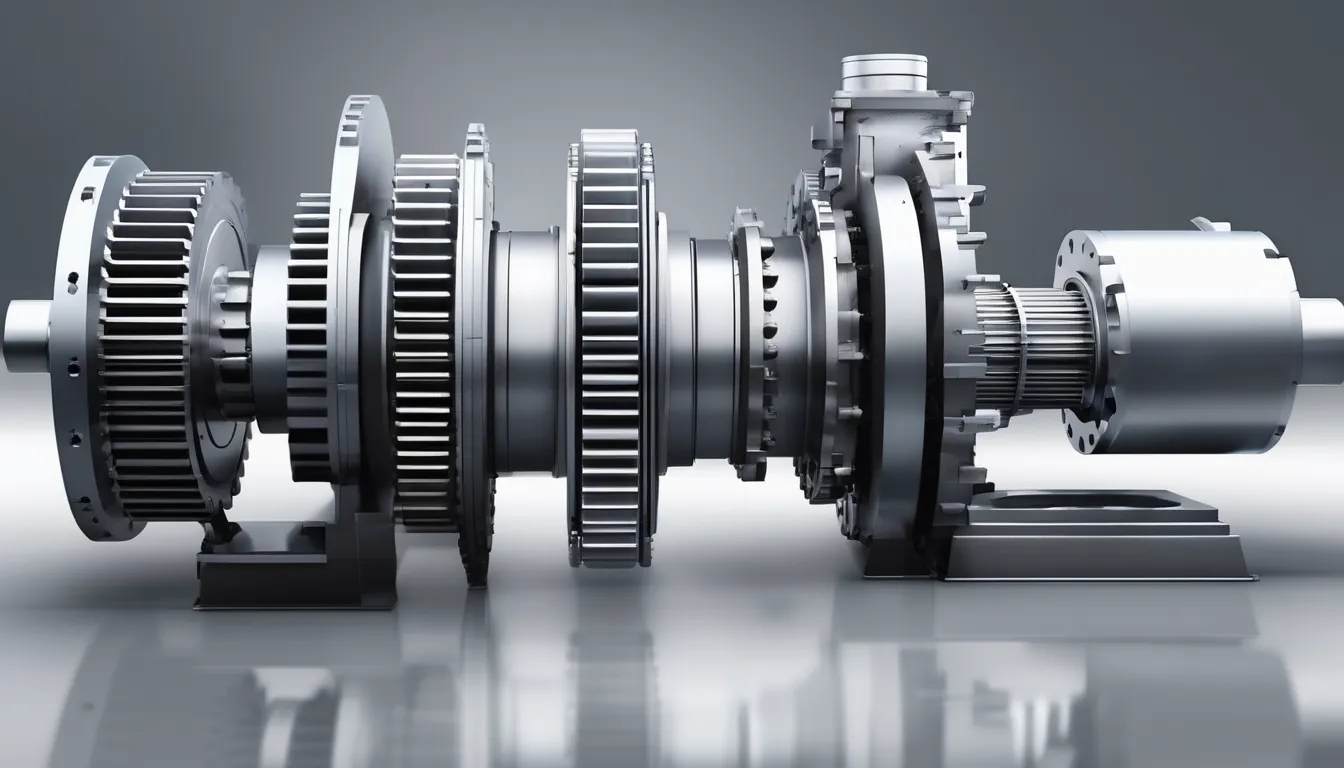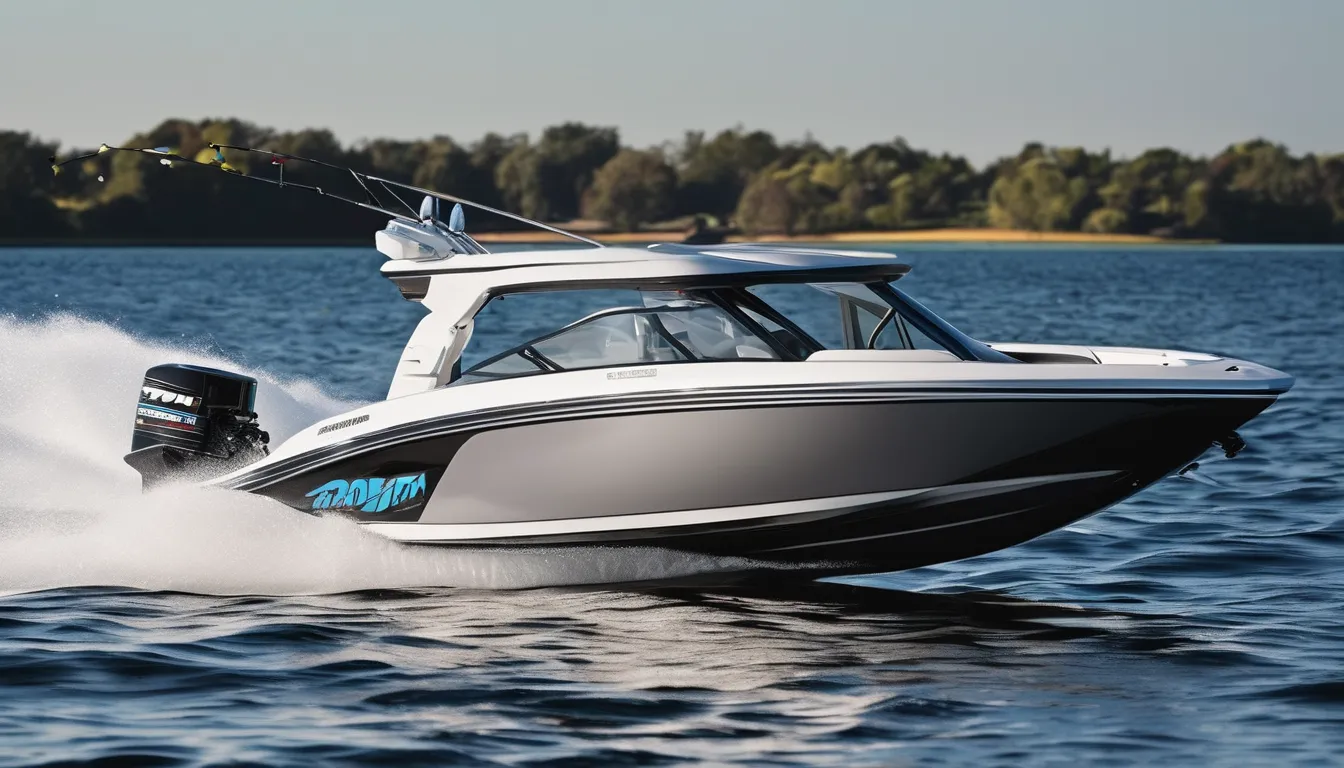When you think about gearbox manufacturers, a few names likely come to mind, but who truly stands out in this competitive landscape? Companies like Siemens and Bosch have made significant strides in blending innovation with efficiency, while Parker Hannifin and Eaton cater to specific industry needs. Each player brings unique strengths to the table, shaping the future of gearbox technology. However, as market demands evolve, the question arises: which manufacturer will adapt best to the challenges ahead? Exploring these dynamics could reveal unexpected insights into the industry’s trajectory.
Overview of Gearbox Technology
Gearbox technology plays a crucial role in the efficiency and performance of various machinery and vehicles. It’s the heart of how power gets transmitted from the engine to the wheels, allowing you to control speed and torque effectively. When you shift gears, you’re optimizing the engine’s output, making your machine or vehicle run smoother and more efficiently.
Understanding gearbox types is essential. You’ll encounter manual, automatic, and continuously variable transmissions (CVTs), each offering distinct advantages. Manual gearboxes give you direct control, while automatics simplify driving, especially in heavy traffic. CVTs, on the other hand, provide seamless acceleration without noticeable gear shifts, enhancing fuel efficiency.
The materials and design of a gearbox also matter. High-quality gears made from durable materials can withstand significant stress, improving longevity and performance. Regular maintenance is key, too; keeping an eye on fluid levels and changing it as needed can prevent wear and tear.
In short, grasping gearbox technology is vital for anyone involved with machinery or vehicles. By knowing how industrial gearbox manufacturer es work, you can make better choices, whether you’re purchasing equipment or simply maintaining what you own.
Leading Gearbox Manufacturers
When it comes to selecting the right gearbox for your machinery or vehicle, knowing the leading manufacturers can significantly influence your decision. Several companies stand out in the gearbox industry, offering a mix of reliability, innovation, and performance.
One key player is Siemens, known for its advanced engineering and high-quality products that cater to various sectors, including automotive and industrial applications.
Another notable name is Bosch, which combines technology and efficiency, making their gearboxes a popular choice among manufacturers.
You can’t overlook Parker Hannifin, either. They specialize in motion and control technologies, providing gearboxes that excel in durability and precision.
For those seeking heavy-duty options, look at Eaton, which offers robust solutions designed for tough environments.
Lastly, consider SEW-Eurodrive, a global leader in drive technology, offering a range of gearboxes tailored for different applications.
Key Innovations in Gearbox Design
As technology advances, the gearbox design landscape is evolving rapidly, incorporating innovations that enhance efficiency and performance. You’ll find that manufacturers are embracing new materials and methods that significantly improve the durability and weight of gearboxes.
Advanced simulations and modeling techniques are also revolutionizing the design process, enabling you to achieve optimal configurations faster.
Here are some key innovations to consider:
- Additive Manufacturing: This allows for complex geometries that traditional methods can’t achieve, leading to lighter and more efficient designs.
- Smart Gearbox Systems: Integration of IoT technology enables real-time monitoring and data analytics, improving predictive maintenance and overall performance.
- Hydraulic Gear Systems: These offer enhanced power density compared to traditional mechanical systems, making them suitable for compact applications.
- Modular Design: This approach simplifies maintenance and upgrades, allowing for easier customization based on specific application needs.
Market Trends and Challenges
In recent years, the gearbox manufacturing industry has seen a shift driven by a mix of rising demand and evolving technological standards. You might notice that industries like automotive, aerospace, and renewable energy are pushing for more efficient and compact gearbox solutions. This demand creates a need for manufacturers to innovate constantly, keeping pace with advancements in materials and design.
However, challenges abound. You’ll find that supply chain disruptions, exacerbated by global events, have impacted production timelines and costs. Many manufacturers struggle to source high-quality raw materials, which can delay projects and affect competitiveness.
Additionally, as regulations around emissions tighten, you may see companies facing pressure to produce gearboxes that not only perform well but also meet stringent environmental standards.
Moreover, the shift towards automation and smart technology means investing in new equipment and training. This transition can be costly and time-consuming.
Ultimately, while the market offers exciting opportunities, it’s essential to navigate these trends and challenges effectively to remain competitive in this dynamic landscape.
Future of Gearbox Manufacturing
Looking ahead, the future of gearbox manufacturing is poised for significant transformation, driven by advancements in technology and shifting industry demands.
You’ll likely notice that innovation plays a key role in creating more efficient, reliable, and compact gearboxes. As automation and digitalization take center stage, manufacturers are increasingly investing in smart technologies to enhance production processes.
You can expect to see:
- Increased use of AI: Machine learning algorithms will optimize design and production, reducing errors and improving quality.
- Sustainable practices: Eco-friendly materials and energy-efficient processes are becoming standard as industries focus on reducing their carbon footprint.
- 3D printing technology: This will revolutionize how gearboxes are produced, allowing for rapid prototyping and customization.
- Integration with IoT: Smart gearboxes that monitor performance in real-time will lead to predictive maintenance, minimizing downtime.
Conclusion
In conclusion, the gearbox manufacturing industry is shaped by innovative leaders like Siemens, Bosch, and Parker Hannifin, each pushing the boundaries of technology and durability. As you explore gearboxes, keep an eye on emerging trends and challenges that could influence future designs. The landscape is evolving, and staying informed will help you appreciate the advancements and choices available. Whether for automotive or industrial needs, understanding these key players and innovations can guide your decisions in this dynamic market.





